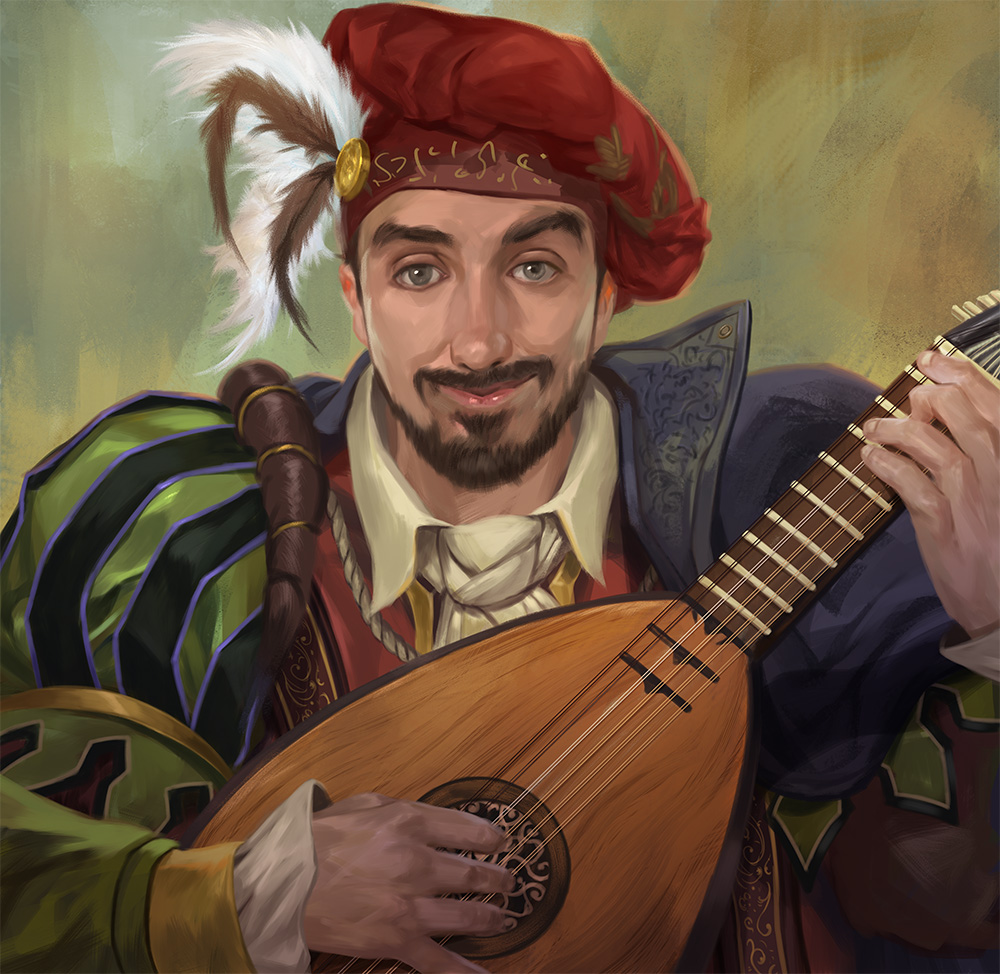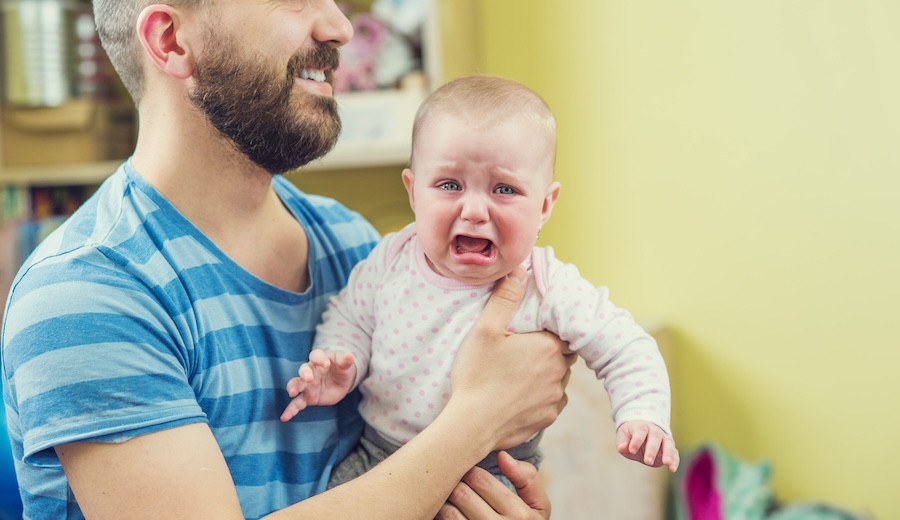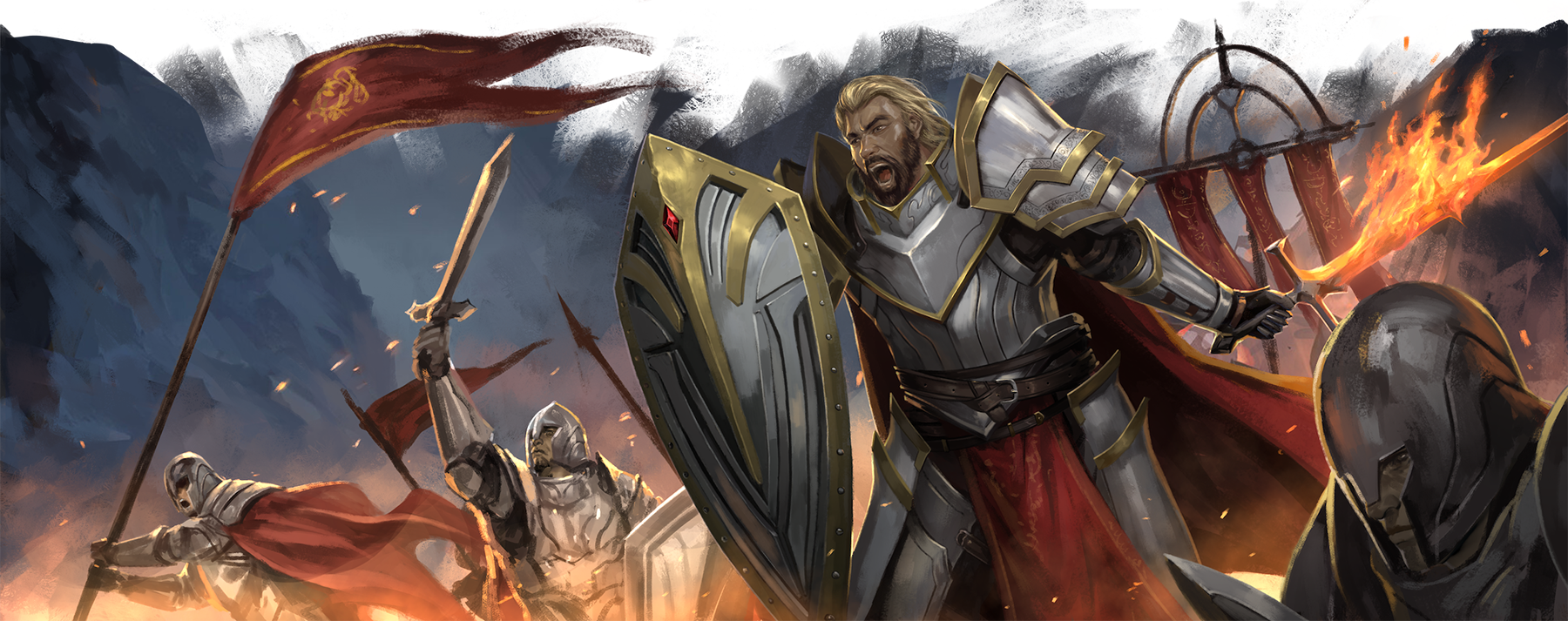How Do Beards Affect Infants and Young Children?
 Medically Reviewed
Medically Reviewed
 Joe Nightingale, MBBS, MSc
Joe Nightingale, MBBS, MSc

Beards are an odd phase in a man's life. They don't just change how we see ourselves, but how we're presented to the world. Not so long ago, every man had a beard – shaving was the oddity. The only clean-cheeked humans were women and children. Growing a beard was seen as a sign of coming of age, the ascent into manhood.
Little wonder then that bearded men are seen differently from their fresh-faced counterparts. According to a survey of over 8,000 heterosexual women, beards generally increased a man's attractiveness, with men with fuller beards being assessed as better long-term partners.
Do children like beards?

Children, in particular, have very strong perceptions of bearded men. In one study, for example, 470 children, aged from toddlers to teenagers, were asked to answer questions about a series of paired photos: one of a man with a beard and the other of the same man, clean-shaven.
Questions included things like, "Which man looks stronger?" "Which man looks best?" "Which man looks older?"
Young children seem to dislike beards especially. By 1 year and 9 months, children overwhelmingly choose fresh-faced men when asked who looks best. However, bearded faces were chosen for feats that involved strength, like fighting a dragon or moving a large stone. Children almost always preferred no beard where tasks of trust were involved, like hiding a treasure map.
Then, suddenly, around the age of puberty, children's view of beards shifts; as beards become viewed as adults see them. And, of course, some children always had bearded fathers, increasing their positive associations with bearded faces.
What's odd is the Santa Claus conundrum. Santa is almost universally loved by young children but sports a beard that should make him somewhat untrustworthy and unfriendly.
Why do babies cry when their dad shaves his beard?

If young children prefer a lack of beard, why do they cry when dad shaves his off? The answer is simple: they don't recognize you anymore.
Beards are such a dominant feature that they change our whole face shape and look. Once shaven, wives may discover they don't like what's underneath, and children find their dad becomes a stranger. This phenomenon is sometimes called "stranger danger." The child may recognize the voice, the eyes, the noise, and even the hair, but the lack of facial hair creates such shock and confusion that they may not immediately be able to put two and two together.
So, if you're planning to have children, as a responsible dad, it's important to make a decision about your beard – it may affect your relationship with your children more than you know.

No comments yet…